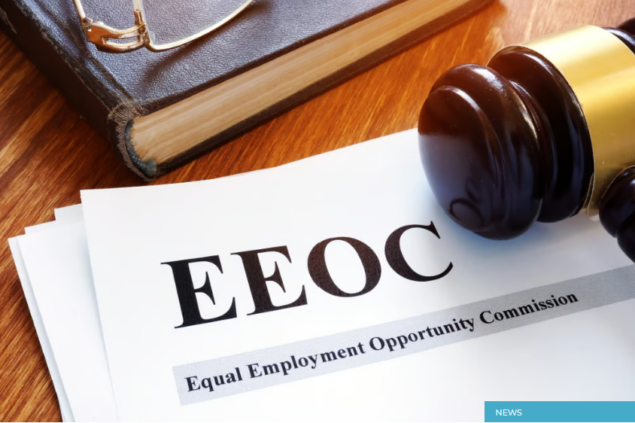Deep Dive Episode 85 – State Regulators and the Gig Economy

Gig-economy companies like Uber, Lyft, DoorDash, and others have disrupted sectors across the economy. They’ve done so in part by using new technology to tap a large pool of independent workers. This approach has not only proven to be a winning business model, it has also created a way back into the workforce for millions of people. Students, ex-offenders, single parents, and others excluded from traditional employment have found, in gig work, a new way to earn a living.
Despite this, gig companies have drawn fire from many quarters, including academics, labor unions, and most importantly state legislators. Some state legislators have proposed new regulations that, while potentially improving gig workers’ compensation and benefits, could threaten the very business models that allow for this independent work in the first place. Indeed, some states, most notably California, have even proposed converting all gig workers into traditional employees.
Alex MacDonald discusses their implications for the future of gig work and, perhaps, a better way forward.

Topic
Sponsor
Federalist Society’s Labor & Employment Law Practice Group
The Federalist Society and Regulatory Transparency Project take no position on particular legal or public policy matters. All expressions of opinion are those of the speaker(s). To join the debate, please email us at [email protected].




